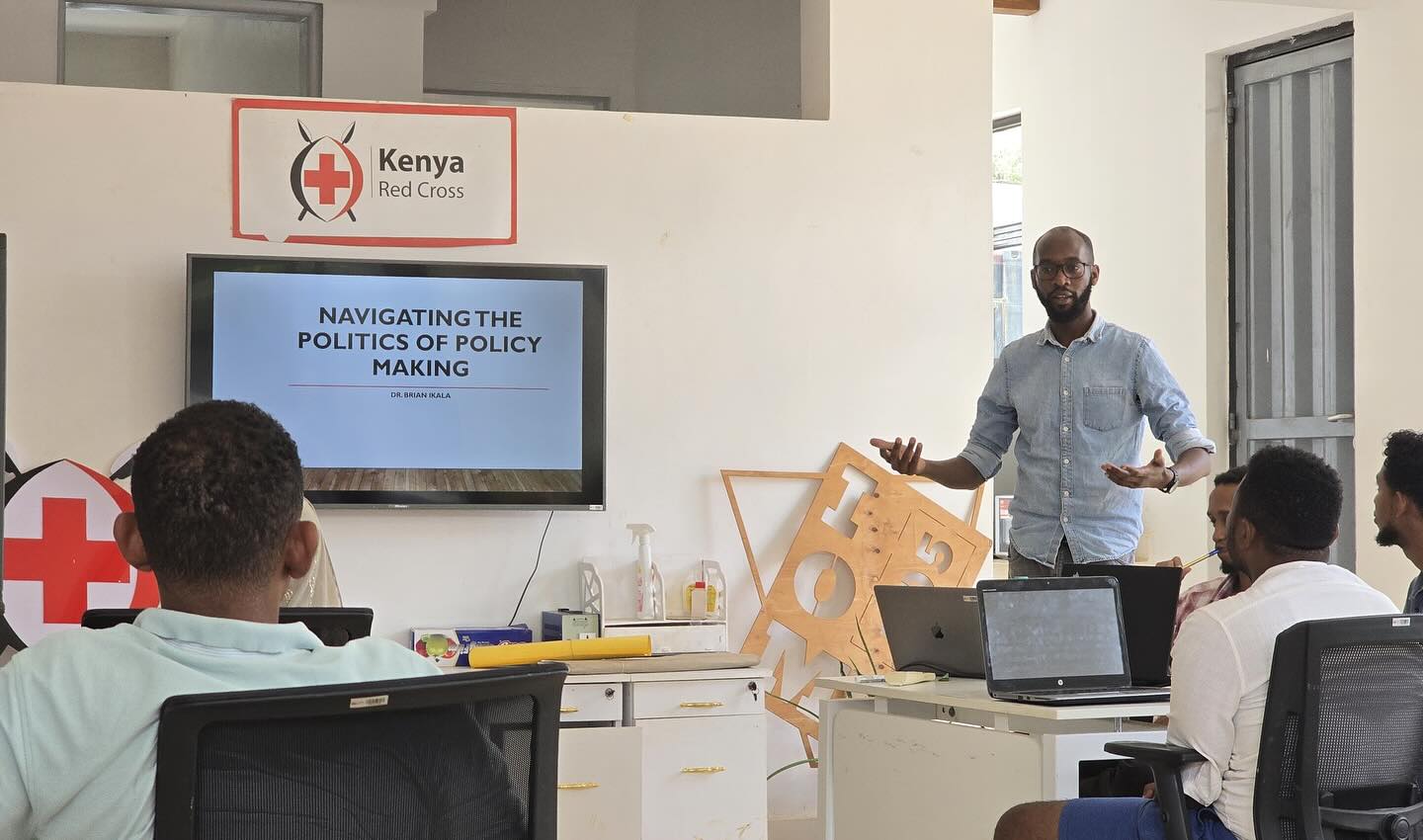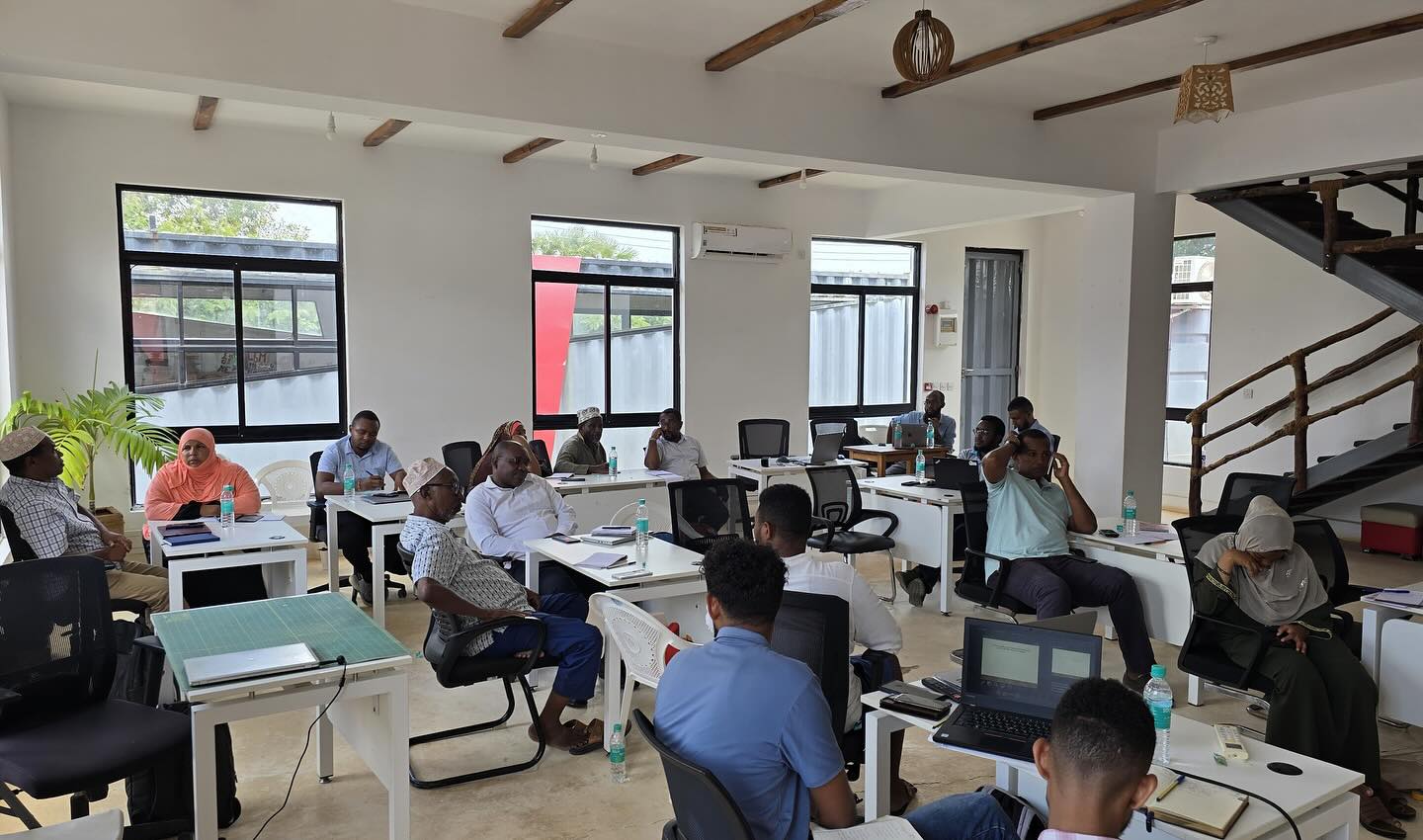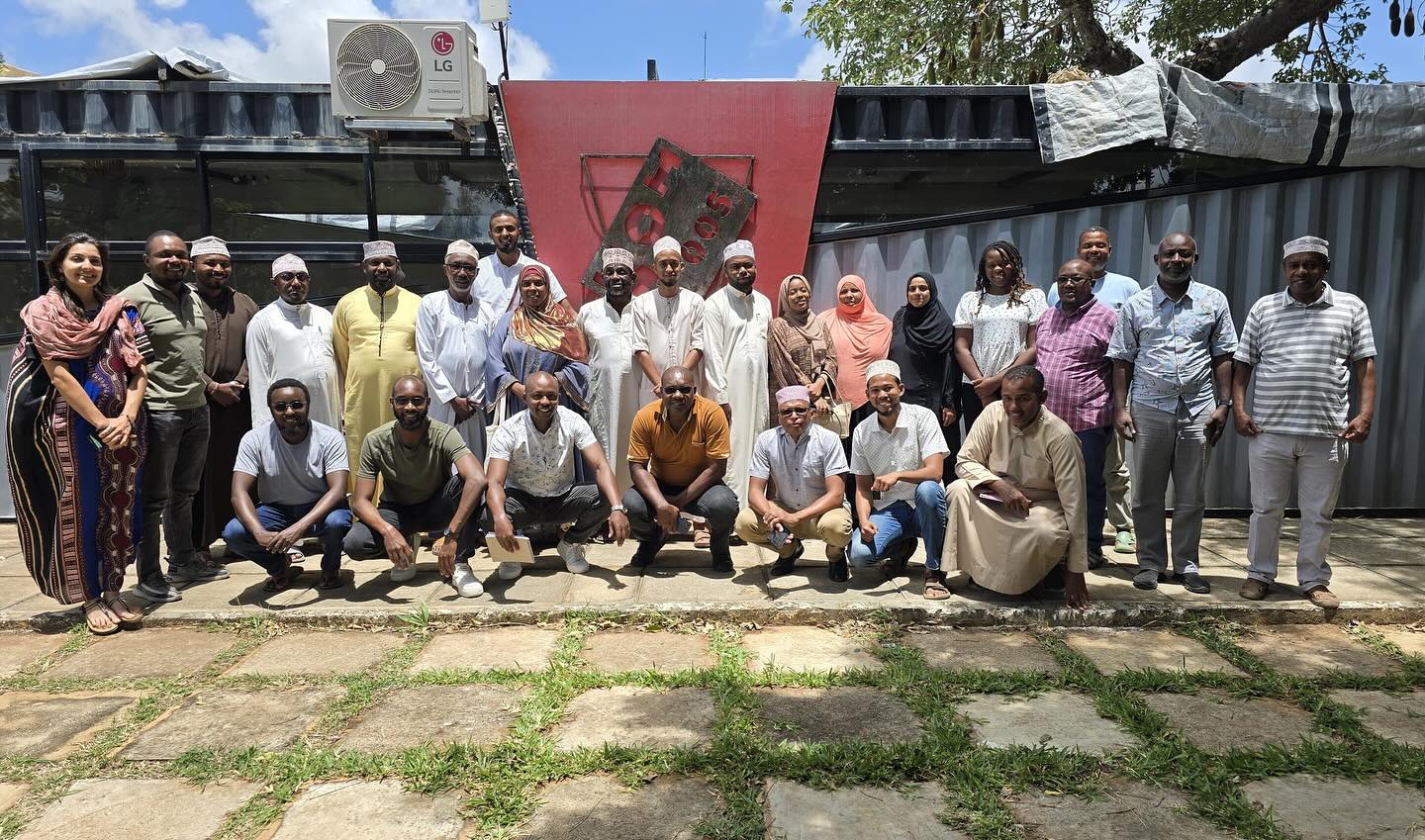In response to growing concerns over waste management’s detrimental effects on health, livelihoods, and fragile ecosystems, the Kenya Red Cross Society (KRCS) has partnered with Lamu County to spearhead a collaborative initiative aimed at tackling the region’s waste crisis.
The effort brings together a diverse group of stakeholders, including the county government, national agencies, civil society organizations (CSOs), and local community groups, to co-develop a comprehensive waste management policy brief.
Lamu’s communities have identified improper waste management as a critical challenge threatening public health, economic stability, and the region’s delicate ecosystems, particularly its vital mangrove forests.

These ecosystems not only support biodiversity but also sustain local livelihoods through fishing and tourism.
Accumulated waste has been linked to health risks, environmental degradation, and reduced economic opportunities, prompting urgent calls for sustainable solutions.
The Kenya Red Cross is leading the charge by fostering collaboration among stakeholders to design actionable strategies. The policy brief, currently in development, aims to provide a roadmap for effective waste management practices tailored to Lamu’s unique needs.

By uniting government bodies, community leaders, and environmental advocates, the initiative seeks to create a cleaner, healthier, and more resilient Lamu.
The policy brief will focus on sustainable waste disposal, recycling initiatives, and community-driven efforts to preserve natural resources like mangroves, which play a crucial role in coastal protection and climate resilience.
Stakeholders are optimistic that the collaborative approach will yield practical, long-term solutions to safeguard Lamu’s environment and support its communities.
As the initiative progresses, the Kenya Red Cross and its partners remain committed to engaging local voices and leveraging expertise to ensure the policy brief reflects the needs and aspirations of Lamu’s residents.

